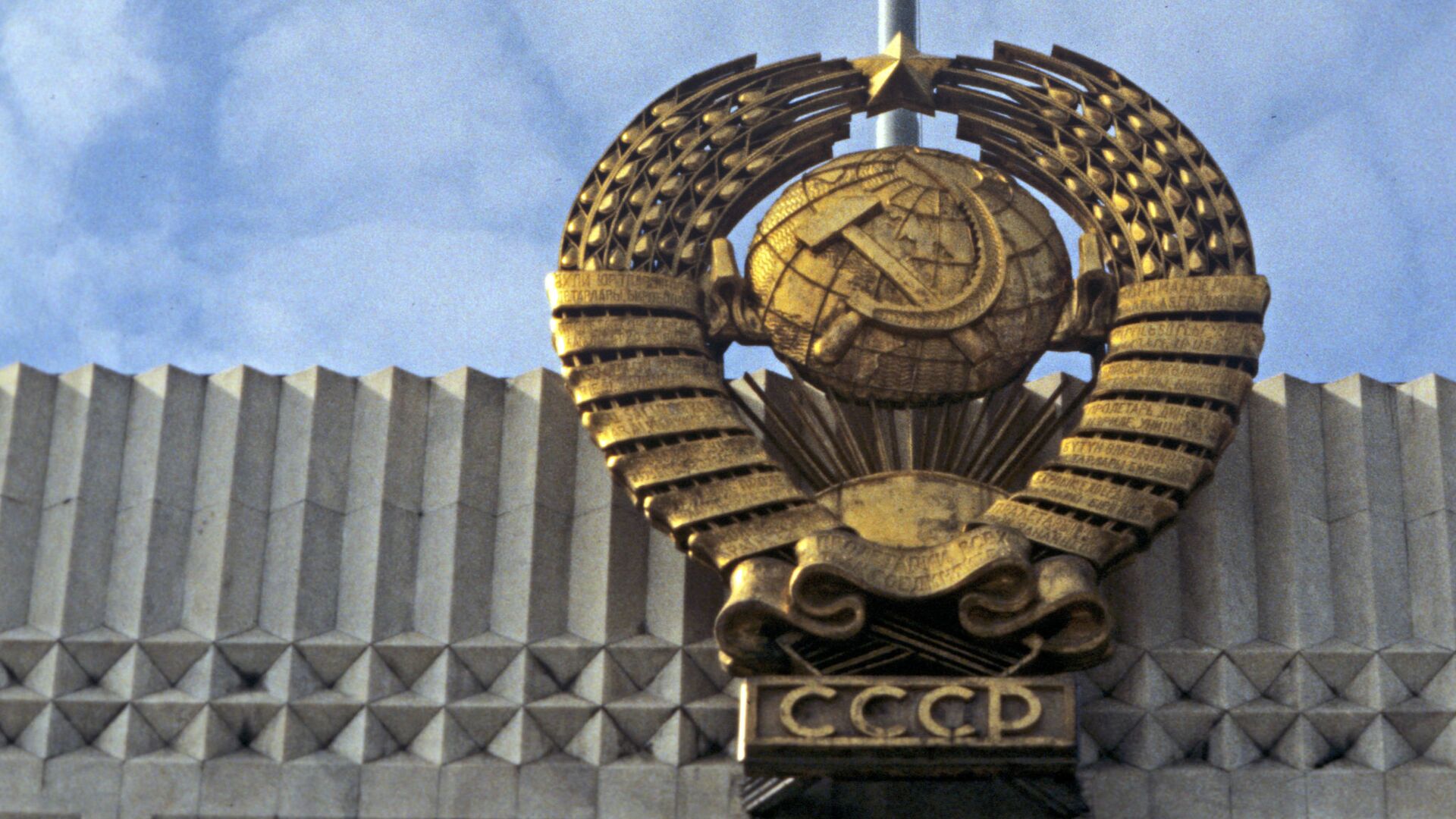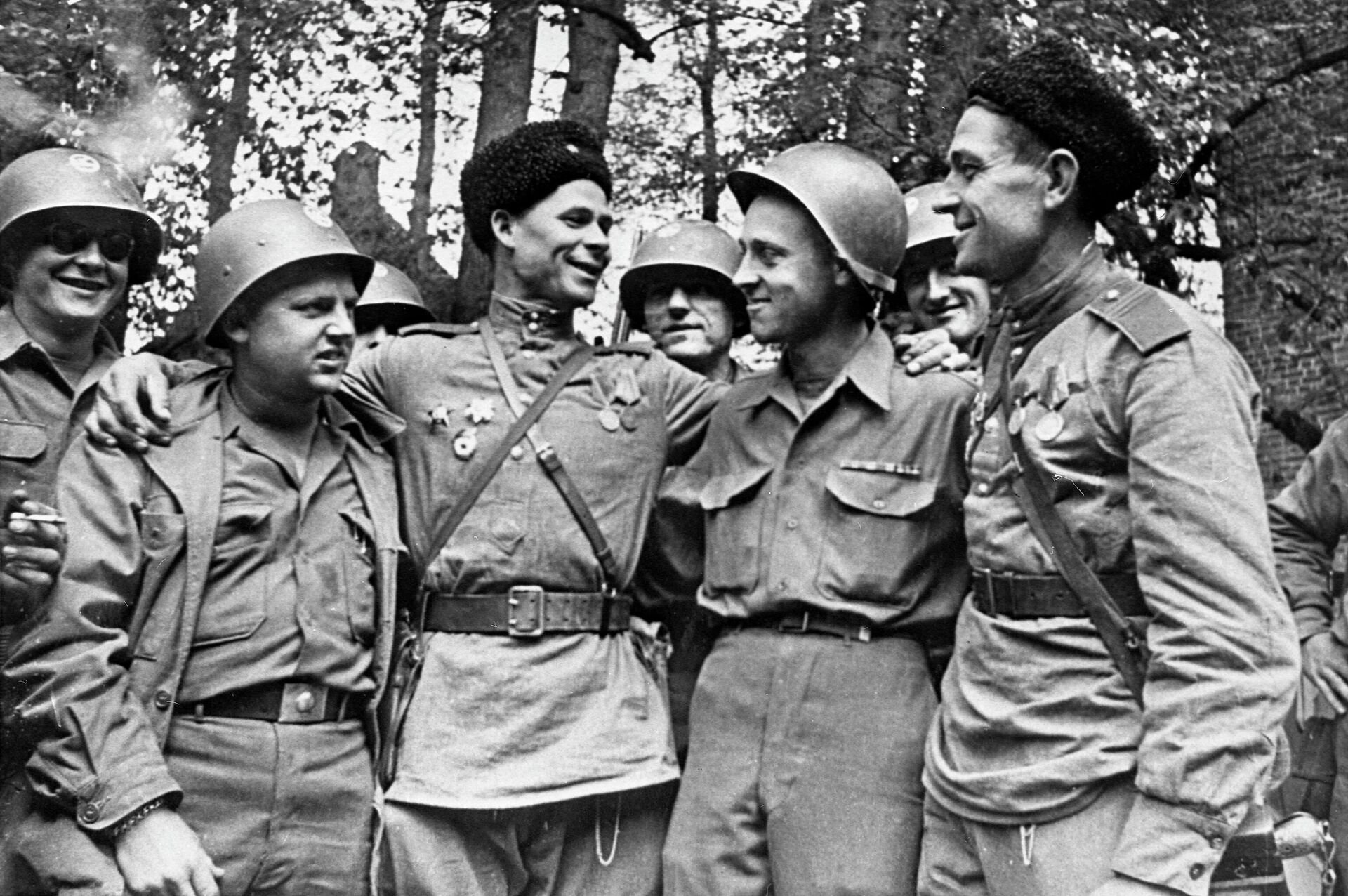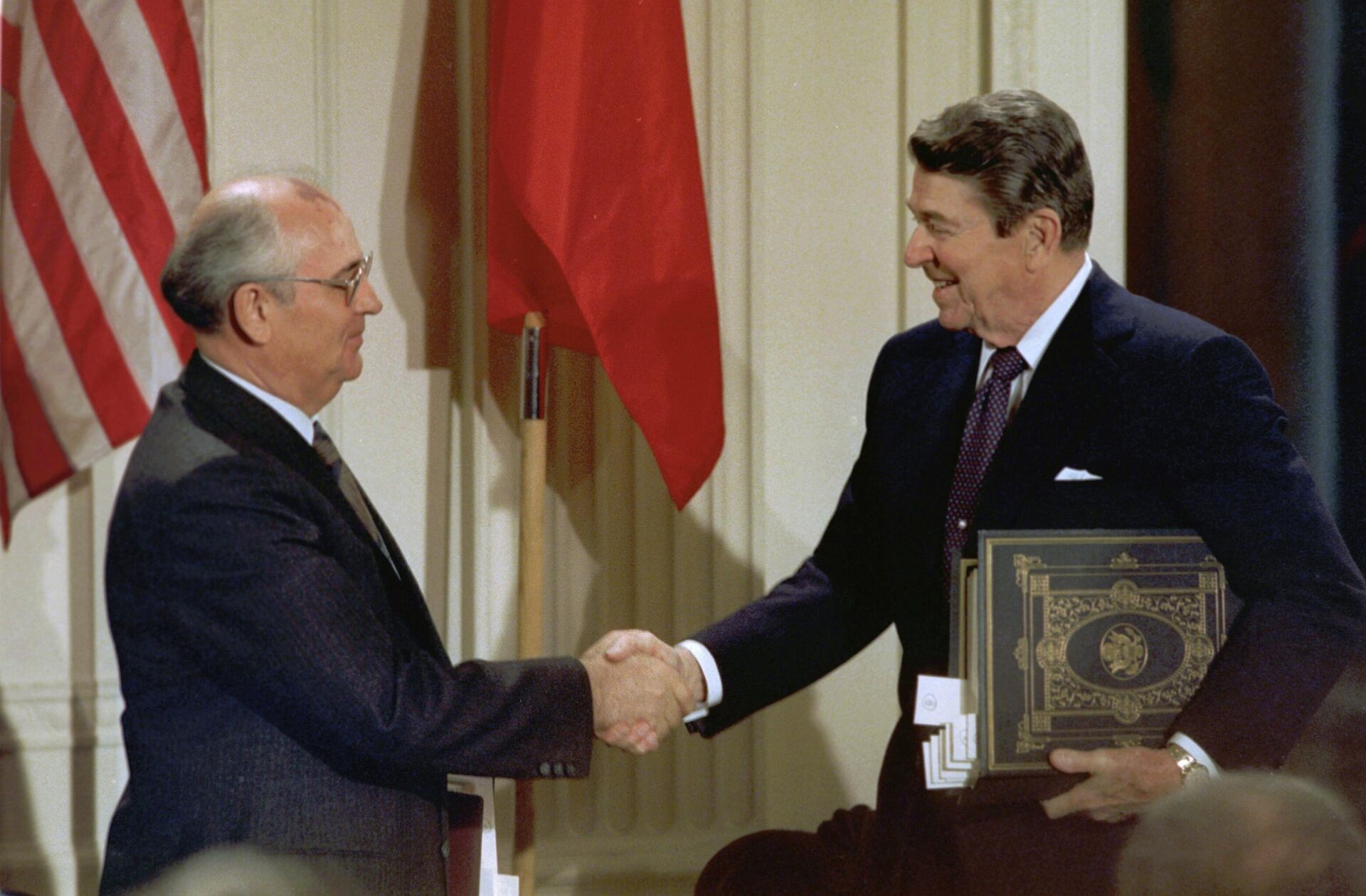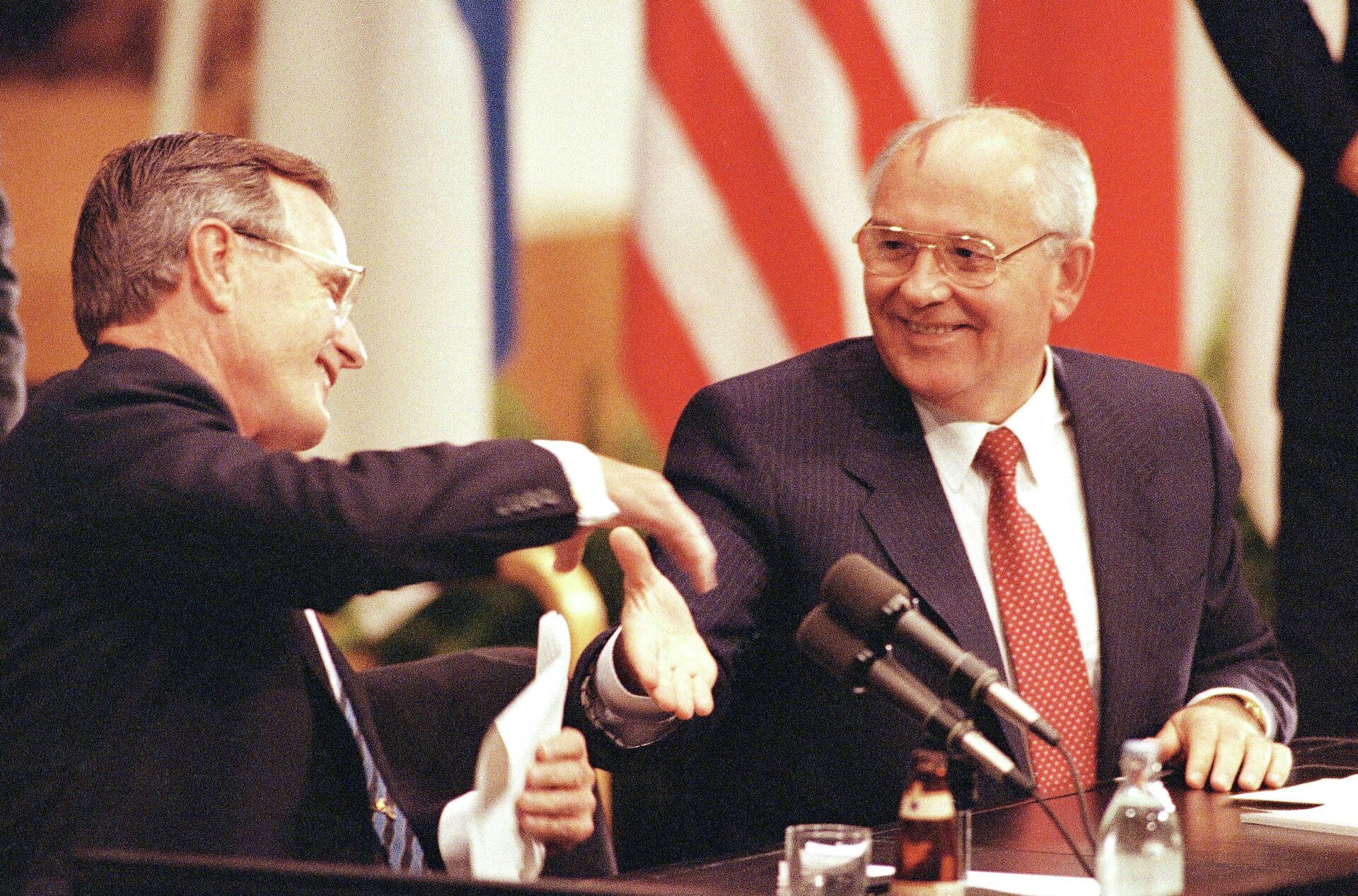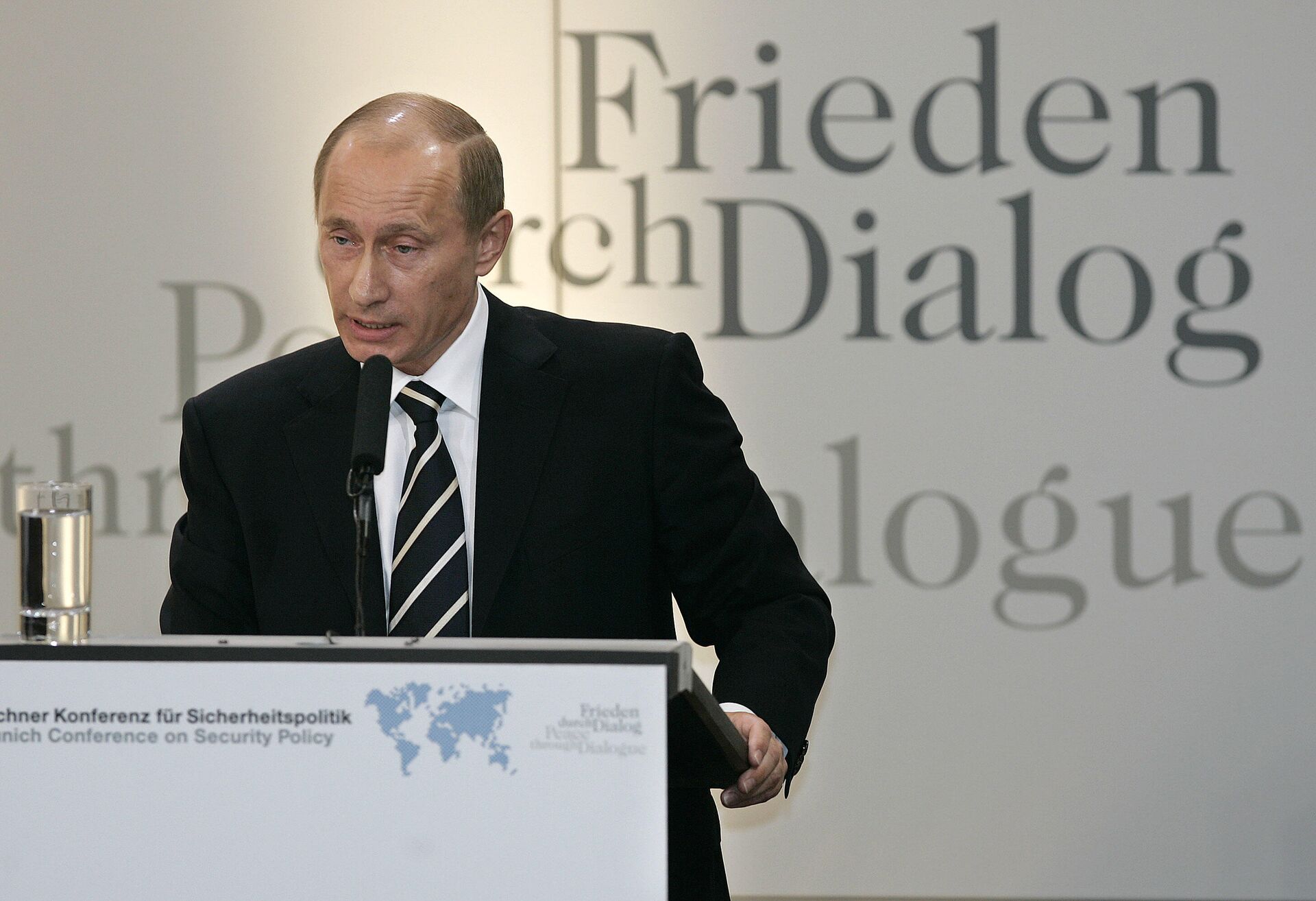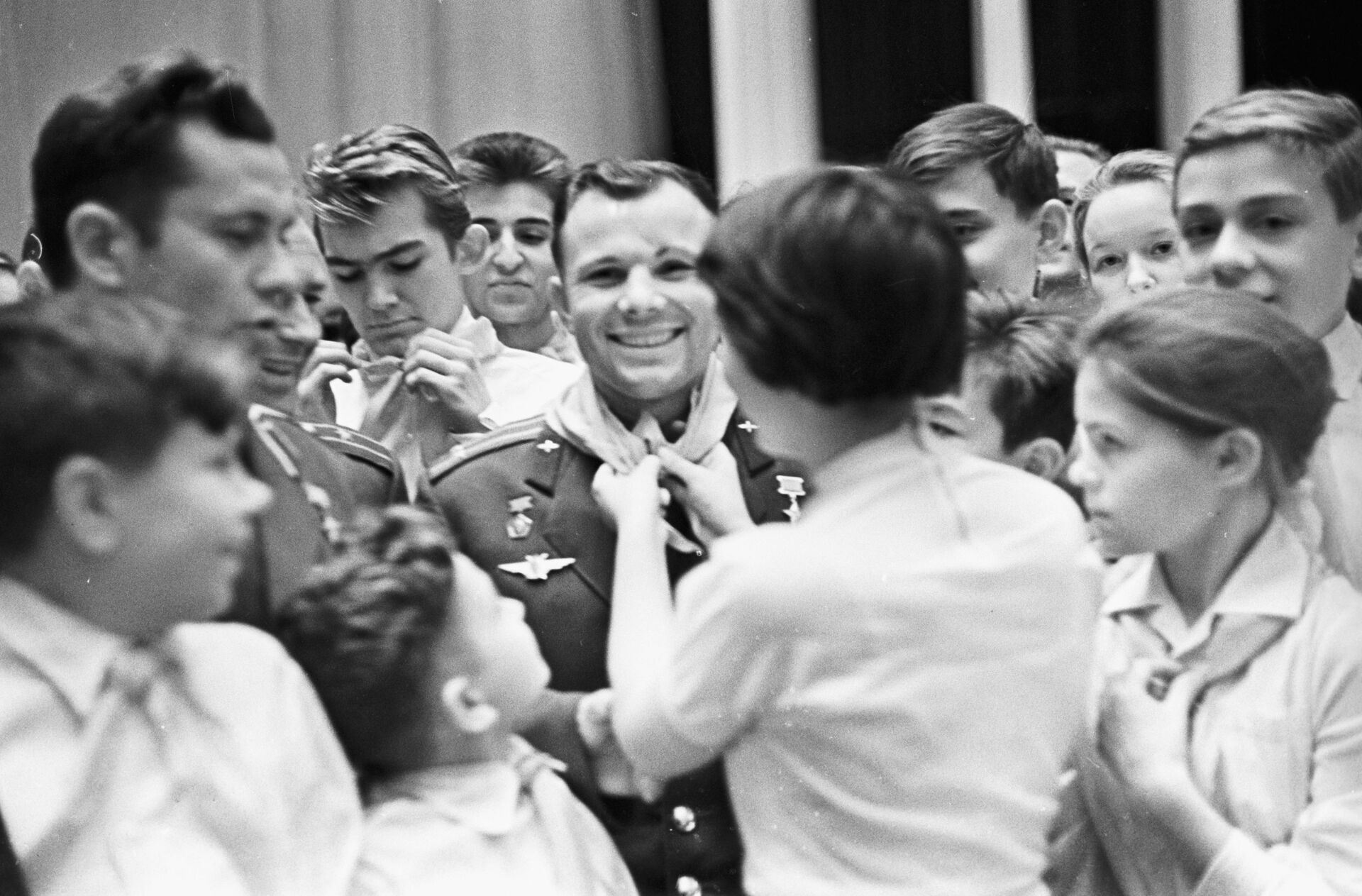https://sputnikglobe.com/20221231/how-the-ussr-changed-the-face-of-the-world-1105953088.html
How the USSR Changed the Face of the World
How the USSR Changed the Face of the World
Sputnik International
On December 30, 2022, Russians and others across the globe commemorated the 100th anniversary of the formation of the Union of Soviet Socialist Republics... 31.12.2022, Sputnik International
2022-12-31T11:48+0000
2022-12-31T11:48+0000
2022-12-31T11:48+0000
analysis
russia
us
ussr
mikhail gorbachev
ronald reagan
cold war
arms race
turkiye
china
https://cdn1.img.sputnikglobe.com/img/07e4/09/02/1080346877_0:1810:2048:2962_1920x0_80_0_0_44ba8392defb7104b222f0b87a2246e3.jpg
"It was the world’s first socialist country, a system based on public ownership, state planning, social welfare and egalitarianism," Geoffrey Roberts, professor of history at University College Cork, Ireland, and a leading scholar on Soviet diplomatic and military history, said. "It showed that such a system was not utopian but a practical possibility; indeed, at times the Soviet system threatened to economically outperform even the most advanced capitalist countries."The USSR was formed following the end of the Russian Civil War (1918-1922) and accompanying foreign intervention. On December 30, 1922, the Russian, Ukrainian, Belarusian, and Transcaucasian Soviet Socialist Republics united into one state with a single political body in the capital of Moscow. Other Soviet republics which used to be parts of the Russian Empire joined the USSR in the coming years. The USSR established control over the territory the Russian Empire had amassed by 1917 (excluding Finland, part of the Polish kingdom and some other territories).The young Soviet state was founded in a highly contested and hostile environment. Western nations refused to recognize the USSR for years. As a Canadian historian told Sputnik in 2015, the European and US elites sought to overthrow the Soviet government "from day one," as the latter promoted an alternative to capitalism and western hegemony. Western countries subsidized and armed the anti-Soviet White movement; dispatched sizable military forces to thwart the Soviets during the Civil War; and waged a broad economic war against Moscow.Nonetheless, the USSR continued to develop and increase its industrial production by almost 13 times during the first 30 years of the country's existence. By the time of the Second World War, 9,000 large industrial enterprises had been built in the USSR. New industries were created from scratch including machine tool building, tractor building, chemical industry, and aircraft building.The Soviet collectivization ensured modernization and mechanization of agricultural labor, improved food supplies across the country and solved the famine problem, which haunted Russia since the end of the 19th century. Strategic food reserves were also created in the country.In addition, the USSR applied vast social reforms by promoting gender equality; ensuring eight-hour working days and annual paid leave; institutionalizing the right to free general and vocational education, the right to work and the right to free medical care for all citizens, to name but a few. Some of these reforms were implemented for the first time in history.When it comes to the USSR's foreign policy, its contribution to global decolonization could hardly be overestimated: the peoples of the Middle East, Asia, Africa, and Latin America cooperated with the USSR and received humanitarian and military aid from Moscow. Besides that, it was the USSR that helped Turkey leader Mustafa Kemal Ataturk to counter the advance of the Greek, British, French, and Italian interventionists in 1920-1922. Therefore, the 11-meter-high Republic Monument (Cumhuriyet Aniti) at Taksim Square, Istanbul, portrays Semyon Aralov, ambassador of the Russian SFSR in Ankara during the Turkish War of Independence, behind Ataturk. Also on display are the two high-ranking Soviet officers Marshal Kliment Voroshilov and General Mikhail Frunze. The monument was erected to honor the foundation of the Turkish Republic in 1923.It was likewise the USSR that helped China end the infamous "century of humiliation" – a term used in the country to describe the period of intervention and subjugation of the Qing dynasty and the Republic of China by western powers and Japan from 1839 to 1949. The Soviet Union also backed the Chinese Communist Party's struggle and the foundation of the People's Republic of China.It was the USSR that defeated Nazism in 1945, together with its allies, and lost around 27 million people in the Second World War to liberate the continent from this monstrous ideology and its military machine.Despite some western experts' claims that the USSR always sought to foment global revolution, Vladimir Lenin's successor, Joseph Stalin, abandoned the idea of the "world revolution" in the 1920s, promoting instead the concept of "socialism in a single country" within the boundaries of the USSR. His vision became the official doctrine after the XIV Congress of the CPSU (b) in 1925.According to Roberts, the USSR's indisputable achievements included "multinationalism, internationalism, and anti-imperialism; its idealism and egalitarian aspirations; above all, its valorization of peaceful coexistence between different peoples, systems and values."USSR's DisintegrationHowever, following 70 years of its rise and development, the USSR collapsed. What was behind this and was it inevitable? The Soviet people had grown disenchanted with the Communist idea because of the party's "nomenclature" corruption, rigid command economy, and lack of freedoms, according to Edward Lozansky, president of the American University in Moscow."The Soviet Union managed to survive for 69 years, despite huge human and material losses and devastation caused by WW2," Lozansky said. "Actually, it could continue to exist for some time but several factors like an arms race with the West, economic inefficiency and the Gorbachev factor who naively tried to combine communism with freedom, ended this experiment."The collapse of the USSR was not inevitable, let alone its swift defragmentation, believes Roberts. "Not long before the USSR collapsed, Gorbachev staged a referendum on the continuation of a multinational Soviet state – a goal that was endorsed by the great majority of voters," he emphasized.However, the country was largely exhausted by the arms race, initiated by the US-led NATO bloc. The resulting imbalances and wastefulness of the Soviet economy demanded new approaches and flexibility. At that time, prominent US economist and Nobel Prize Laureate in Economics Wassily Leontief (1906-1999) compared the USSR's economy to a yacht that was unable to catch the wind. The Soviet economy was doomed to further recession, restrained by excessive government interference and regulation, he suggested in his essays.The US economy, however, was not in its best shape either. In January 1989, the famous Trilateral Commission's leaders undertook a mission to Moscow to meet Soviet leader Mikhail Gorbachev. The group and Gorbachev discussed the issue of coexistence as well as a roadmap of the USSR's integration into the world economy. "We are all at a crucial stage — both capitalism and socialism," Gorbachev noted at that time. "The two systems should show they can adapt to new conditions," he added. According to western media, Gorbachev’s eschewal of the use of force helped end the decades-long Cold War.Eventually, the two nuclear powers voluntarily agreed to stop the arms race and end the standoff. It was the time when major western leaders promised Gorbachev and other Soviet officials that NATO would not further expand eastward. The Washington-based non-profit, the National Security Archive, published in December 2017 declassified bombshell documents that indicated that US Secretary of State James Baker and leaders of the UK, France, and Germany indeed provided that pledge.Nonetheless, the subsequent geopolitical changes and defragmentation of the USSR, caused by internal separatism and economic crisis, prompted the West to reconsider its approach. US President George H.W. Bush claimed in January 1992 that "by the grace of God, America won the Cold War," while President Bill Clinton "okayed" the expansion of NATO in 1997 despite 50 prominent foreign policy experts warning the US president in June 1997 that the expansion of NATO would eventually "unsettle European stability".Instead of integrating Russia into the world's economy on an equal basis, the West has seen it as just "raw-material appendage" and an open market for the past 30 years. Hence, Russia's attempt to secure its borders and national interests in February 2022 prompted a fierce backlash from the West in the form of sweeping sanctions and a NATO proxy war in Ukraine.Nonetheless, Russia, as it did 100 years ago, is set to withstand the pressure. The Soviet experiment and its best practices proved that Russia could not only be self-sustainable but is also able to maintain vast international alliances across the world.
https://sputnikglobe.com/20221121/international-forum-history-for-the-future-100th-anniversary-of-the-ussr-1104430831.html
https://sputnikglobe.com/20221230/russia-has-bright-opportunities-but-understandably-some-residents-miss-ussr-us-expert-1105926025.html
russia
ussr
turkiye
china
Sputnik International
feedback@sputniknews.com
+74956456601
MIA „Rossiya Segodnya“
2022
News
en_EN
Sputnik International
feedback@sputniknews.com
+74956456601
MIA „Rossiya Segodnya“
Sputnik International
feedback@sputniknews.com
+74956456601
MIA „Rossiya Segodnya“
when was ussr established, what were major soviet achievements, collectivization, civil war, second world war, who won the second world war, why did ussr collapse, eight-hour working day, gender equality, free education and healthcare, socialism, struggle against colonialism, freedom and equality
when was ussr established, what were major soviet achievements, collectivization, civil war, second world war, who won the second world war, why did ussr collapse, eight-hour working day, gender equality, free education and healthcare, socialism, struggle against colonialism, freedom and equality
"It was the world’s first socialist country, a system based on public ownership, state planning, social welfare and egalitarianism," Geoffrey Roberts, professor of history at University College Cork, Ireland, and a leading scholar on Soviet diplomatic and military history, said.
"It showed that such a system was not utopian but a practical possibility; indeed, at times the Soviet system threatened to economically outperform even the most advanced capitalist countries."
"The Bolsheviks succeeded in building a world industrial power, one that defeated Nazi Germany and then fought the United States to a standstill during the Cold War: a system that created the military, economic, scientific, technical and cultural power that underpins the strength of contemporary Russia," the professor continued.
The USSR was formed following the end of the Russian Civil War (1918-1922) and accompanying foreign intervention. On December 30, 1922, the Russian, Ukrainian, Belarusian, and Transcaucasian Soviet Socialist Republics united into one state with a single political body in the capital of Moscow. Other Soviet republics which used to be parts of the Russian Empire joined the USSR in the coming years. The USSR established control over the territory the Russian Empire had amassed by 1917 (excluding Finland, part of the Polish kingdom and some other territories).
The young Soviet state was founded in a highly contested and hostile environment. Western nations refused to recognize the USSR for years. As a Canadian historian told Sputnik in 2015, the European and US elites
sought to overthrow the Soviet government "from day one," as the latter promoted an alternative to capitalism and western hegemony. Western countries subsidized and armed the anti-Soviet White movement; dispatched sizable military forces to thwart the Soviets during the Civil War; and waged a broad economic war against Moscow.
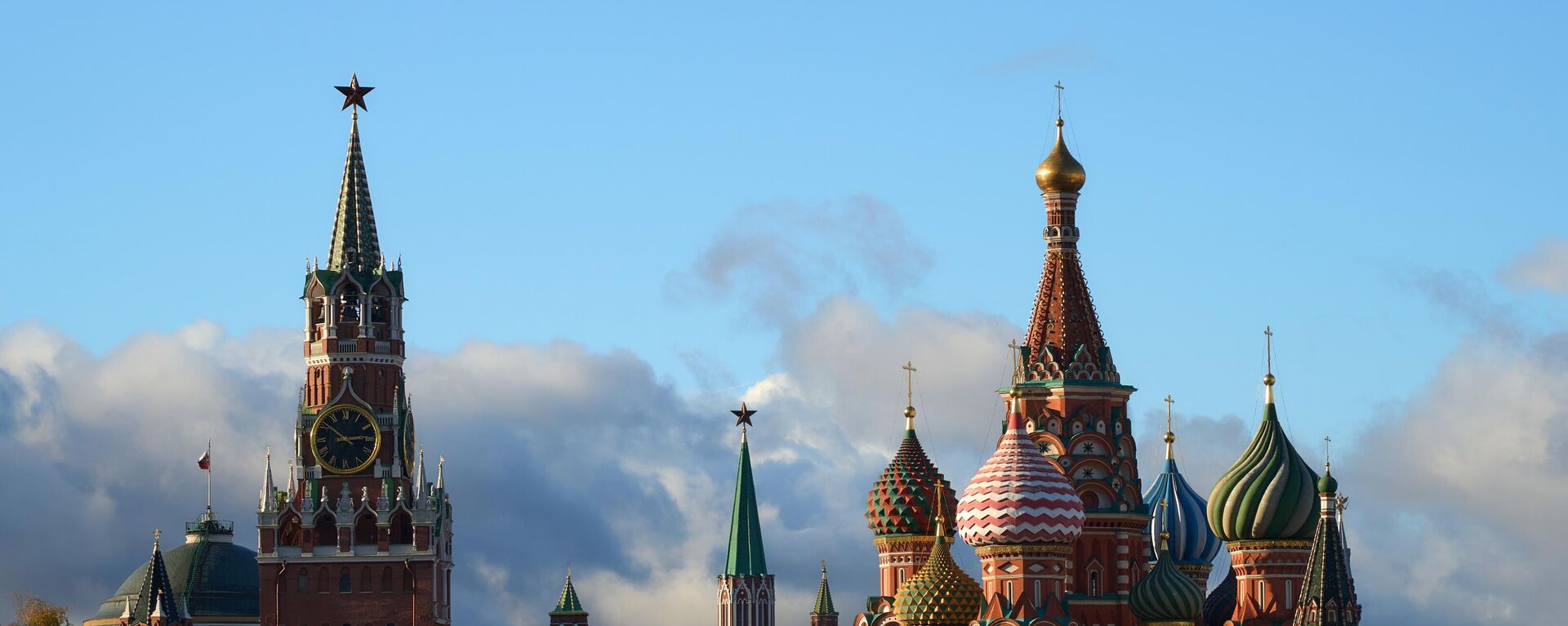
21 November 2022, 19:00 GMT
Nonetheless, the USSR continued to develop and increase its industrial production by almost 13 times during the first 30 years of the country's existence. By the time of the Second World War, 9,000 large industrial enterprises had been built in the USSR. New industries were created from scratch including machine tool building, tractor building, chemical industry, and aircraft building.
The Soviet collectivization ensured modernization and mechanization of agricultural labor, improved food supplies across the country and solved the famine problem, which haunted Russia since the end of the 19th century. Strategic food reserves were also created in the country.
In addition, the USSR applied vast social reforms by promoting gender equality; ensuring eight-hour working days and annual paid leave; institutionalizing the right to free general and vocational education, the right to work and the right to free medical care for all citizens, to name but a few. Some of these reforms were implemented for the first time in history.
When it comes to the USSR's foreign policy, its contribution to global decolonization could hardly be overestimated: the peoples of the Middle East, Asia, Africa, and Latin America
cooperated with the USSR and received humanitarian and military aid from Moscow.
Besides that, it was the USSR that helped Turkey leader Mustafa Kemal Ataturk to counter the advance of the Greek, British, French, and Italian interventionists in 1920-1922. Therefore, the 11-meter-high Republic Monument (Cumhuriyet Aniti) at Taksim Square, Istanbul, portrays Semyon Aralov, ambassador of the Russian SFSR in Ankara during the Turkish War of Independence, behind Ataturk. Also on display are the two high-ranking Soviet officers Marshal Kliment Voroshilov and General Mikhail Frunze. The monument was erected to honor the foundation of the Turkish Republic in 1923.
It was likewise the USSR that helped China end the infamous
"century of humiliation" – a term used in the country to describe the period of intervention and subjugation of the Qing dynasty and the Republic of China by western powers and Japan from 1839 to 1949. The Soviet Union also backed the Chinese Communist Party's struggle and the foundation of the People's Republic of China.
It was the USSR that defeated Nazism in 1945, together with its allies, and lost around 27 million people in the Second World War to liberate the continent from this monstrous ideology and its military machine.
Despite some western experts' claims that the USSR always sought to foment global revolution, Vladimir Lenin's successor, Joseph Stalin, abandoned the idea of the "world revolution" in the 1920s, promoting instead the concept of "socialism in a single country" within the boundaries of the USSR. His vision became the official doctrine after the XIV Congress of the CPSU (b) in 1925.
According to Roberts, the USSR's indisputable achievements included "multinationalism, internationalism, and anti-imperialism; its idealism and egalitarian aspirations; above all, its valorization of peaceful coexistence between different peoples, systems and values."
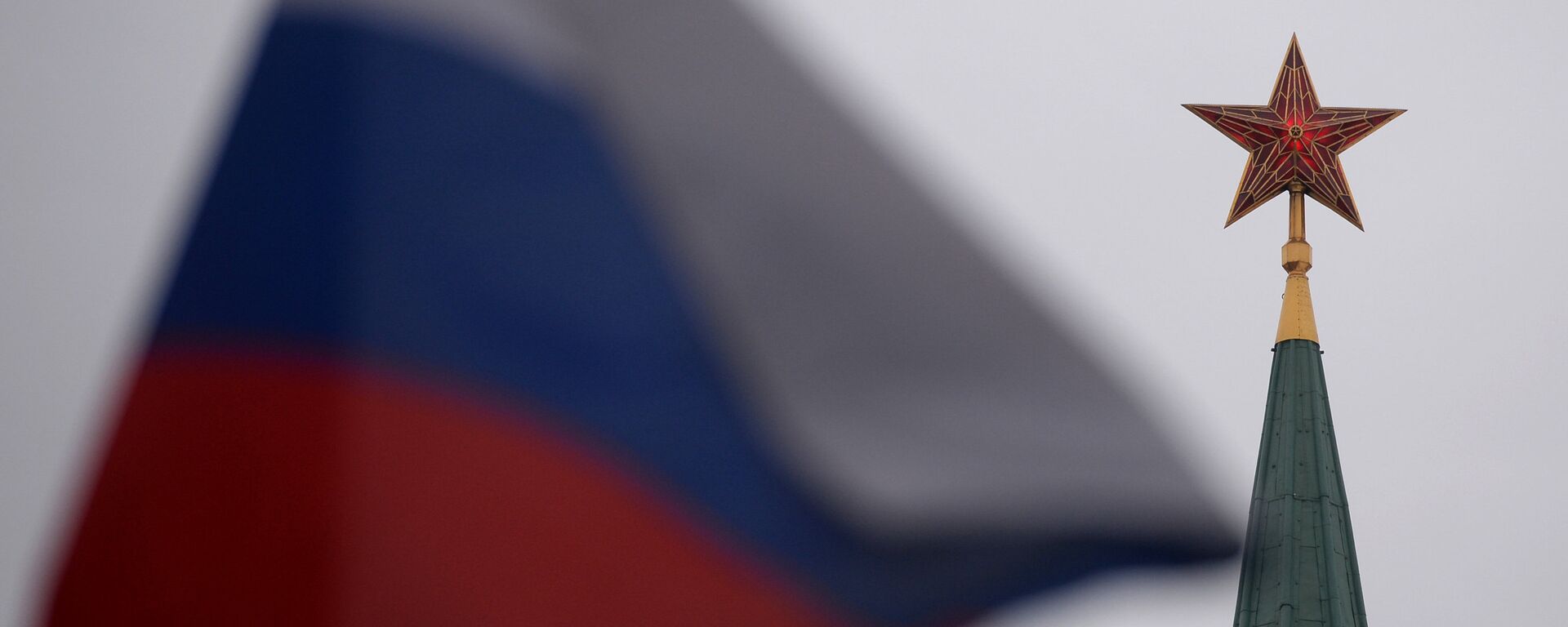
30 December 2022, 13:16 GMT
However, following 70 years of its rise and development, the USSR collapsed. What was behind this and was it inevitable?
The Soviet people had grown disenchanted with the Communist idea because of the party's "nomenclature" corruption, rigid command economy, and lack of freedoms, according to Edward Lozansky, president of the American University in Moscow.
"The Soviet Union managed to survive for 69 years, despite huge human and material losses and devastation caused by WW2," Lozansky said. "Actually, it could continue to exist for some time but several factors like an arms race with the West, economic inefficiency and the Gorbachev factor who naively tried to combine communism with freedom, ended this experiment."
"The West, and first of all the United States, had a unique chance to turn free-from-communist Russia into its most important ally. [Mikhail] Gorbachev, and all Russian leaders who followed him, including [Vladimir] Putin, plus the overwhelming majority of Russian people, were ready for integration with the West, but Washington was not interested. Instead, it had chosen the role of the world's hegemonic leader - thus squandering the historical opportunity for US-Russia, and more broadly, East-West win-win cooperation, and here we are - on the edge of the abyss," the academic continued.
The collapse of the USSR was not inevitable, let alone its swift defragmentation, believes Roberts. "Not long before the USSR collapsed, Gorbachev staged a referendum on the continuation of a multinational Soviet state – a goal that was endorsed by the great majority of voters," he emphasized.
However, the country was largely exhausted by the arms race, initiated by the US-led NATO bloc. The resulting imbalances and wastefulness of the Soviet economy demanded new approaches and flexibility. At that time, prominent US economist and Nobel Prize Laureate in Economics Wassily Leontief (1906-1999) compared the USSR's economy to a yacht that was unable to catch the wind. The Soviet economy was doomed to further recession, restrained by excessive government interference and regulation, he suggested in his essays.
The US economy, however, was not in its best shape either. In January 1989, the famous Trilateral Commission's leaders undertook a mission to Moscow to meet Soviet leader Mikhail Gorbachev. The group and Gorbachev discussed the issue of coexistence as well as a roadmap of the USSR's integration into the world economy. "We are all at a crucial stage — both capitalism and socialism," Gorbachev noted at that time. "The two systems should show they can adapt to new conditions," he added. According to western media, Gorbachev’s eschewal of the use of force helped end the decades-long Cold War.
Eventually, the two nuclear powers voluntarily agreed to stop the arms race and end the standoff. It was the time when major western leaders promised Gorbachev and other Soviet officials that NATO would not further expand eastward. The Washington-based non-profit, the National Security Archive, published in December 2017 declassified bombshell documents that indicated that
US Secretary of State James Baker and leaders of the UK, France, and Germany indeed provided that pledge.
Nonetheless, the subsequent geopolitical changes and defragmentation of the USSR, caused by internal separatism and economic crisis, prompted the West to reconsider its approach. US President George H.W. Bush claimed in January 1992 that
"by the grace of God, America won the Cold War," while President Bill Clinton "okayed" the expansion of NATO in 1997 despite 50 prominent foreign policy experts warning the US president in June 1997
that the expansion of NATO would eventually "unsettle European stability".
Instead of integrating Russia into the world's economy on an equal basis, the West has seen it as just "raw-material appendage" and an open market for the past 30 years. Hence, Russia's attempt to secure its borders and national interests in February 2022 prompted a fierce backlash from the West in the form of sweeping sanctions and a NATO proxy war in Ukraine.
Nonetheless, Russia, as it did 100 years ago, is set to withstand the pressure. The Soviet experiment and its best practices proved that Russia could not only be self-sustainable but is also able to maintain vast international alliances across the world.
"Another measure of the deep roots of Soviet patriotism is its continuation in contemporary Russia," said Roberts. "As a multinational state, the Russian Federation is the direct successor of the USSR – a Russia that is headed by a president – Vladimir Putin – who continues to promote citizenship and patriotism as the foundation of the system, albeit one that is also conservative and capitalist."
